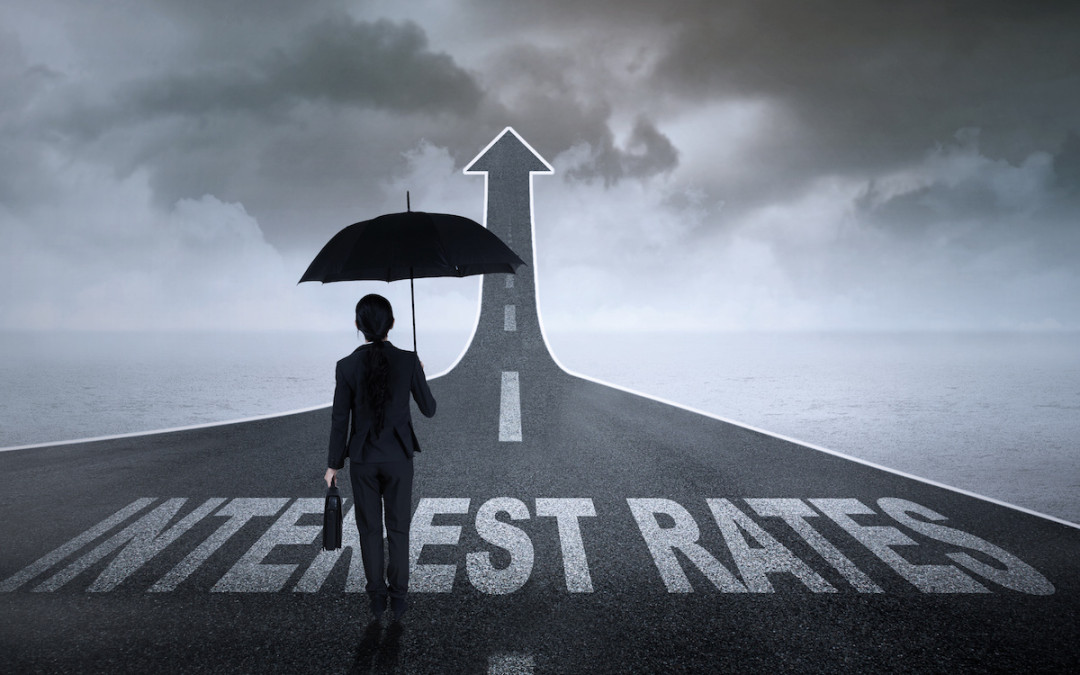When you are searching for a new home mortgage, many become confused as to what the annual percentage yield (APR) is vs. the interest rate. Using the comparison of these two terms is just another way one bank may try and confuse you to make you think its product is better. Remember, banks are in business to make money and they make their money buy “selling” their loans to people like you and me. When you are dealing with mortgage payments for possibly the next thirty years, the specifics really matter.
Of the two terms, interest rate is the more straightforward term. The interest rate on your loan is a rate, expressed as a percentage, at which you (the borrower) pay back on a loan that you took. When you are shopping around for loans, the interest rate should not mean everything to you. The banks or loan officer will try and show you a very low interest number to try and sell you their product. Maybe a more important question to ask is: what is the APR on the loan?
The APR or annual percentage yield is also expressed as a percentage. The APR includes the interest rate (as stated above) plus it bundles all the fees associated with your loan together. Every loan has different fees depending on the lender. Some of the fees that can be included are the application fee, credit report fee, wire fee, loan origination fee, mortgage insurance fee, and e-mail fee. So, the APR includes the interest rate + all fees associated with getting the loan and “annualizes” that into one all-inclusive rate. The APR gives a more comprehensive perspective of what the loan will cost you with fees, while the interest rate does not include the fees.
Remember an informed shopper is a smart shopper. The next time you are looking for a loan, please pay attention to the APR on the loan and not just the interest rate. The APR gives you more information about what you’re paying and it is an honest tool to get a fair comparison of the total cost of the loan. Although a lower interest rate might intrigue you, a lower APR could save you more money.

